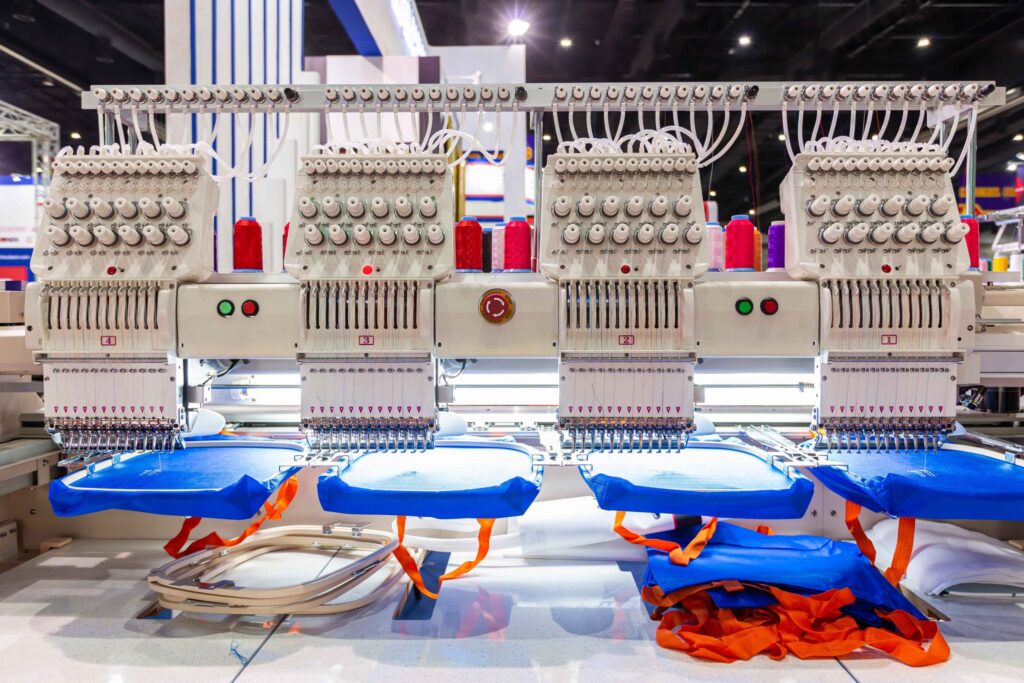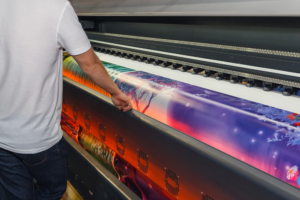As the world’s population gains more purchasing power each year, textile production is growing at an imbalanced rate, presenting significant challenges for sustainability and circular economies. Also, the world faces disruptions in supply chains and uncertainties in oil and gas markets, the global demand for energy and resources has become increasingly relevant. The efficient use of resources, including scarce raw materials, precious water, and expensive energy, is critical. Therefore, improving machine and solution efficiency is essential to address these challenges.
Innovations to rule the spot
Many inventions and developments in the textile machinery industry is earmarking a change and is projecting towards a big growth trajectory. Experts believe that this year ITMA will be very special and as it returns to Milan a lot of path-breaking innovations will be unveiled. In fact, manufacturers in the industry have developed technological solutions that increase product and process sustainability and digitisation of production processes. So, innovations that promote efficiency will rule the roost hereon.
A big factor of innovative approaches will be the effort to develop and promote key sustainability issues for the textile industry. A move in this direction is “Sustainable Technologies” project, a voluntary declaration by Italian textile machinery manufacturers controlled and certified by a certification body, RINA, whose purpose is to identify and make easily understandable the energy and environmental performance of each machine.
Ruling with digital transformation
In line with the commitment to keep abreast with technology and continue bringing the right machinery to the foreground, ACIMIT has conceived the DIGITAL READY certification. It is a strategic tool designed to simplify the production process by adopting a standard language and unique data reading system that allows different types of machinery to communicate with their related production system. For the customers this means the possibility to further enable and quickly implement i) the collection and integration of production data, ii) the calculation and analysis of production KPI, iii) the control of the whole product life cycle and iv) the opportunity to take informed business decisions.
Data offers various possibilities, and the new era of technology development and machinery supervising new-age production will see many pieces of equipment being brought into action that help with product or process optimization and the development of completely new business models. The transition toward intelligent manufacturing is a reality now and will transform the way the textile industry is being seen at present.
Energy efficiency to come under the spotlight
Digital measurements and analysis of dyeing processes are crucial to process optimisation, and machinery that will optimise processes will slowly evolve and become the talk of the town in the future. Moreover, keeping in mind the disrupted supply chains and the uncertainties in the international oil and gas markets, to resolve issues like energy and resources more and more machinery that supports green functions and are high on energy efficiency will begin to rule the industry for the years to come.
An increasing level of automation and remote services powered by AI will begin to dominate the textile industry. Competent technological aspects of digitalisation and the processes that help companies serve their customer with ease will slowly begin to offer a lot of hope and ease of functionality to the industry. An intensive relationship between spinners, weavers, knitters or finishers, machine suppliers, chemistry suppliers and other technology providers is the key to future success.
Lastly, automation powered by the right skilled practices and labour will begin to support the technological developments taking place within the industry making it the right recipe for the future.



